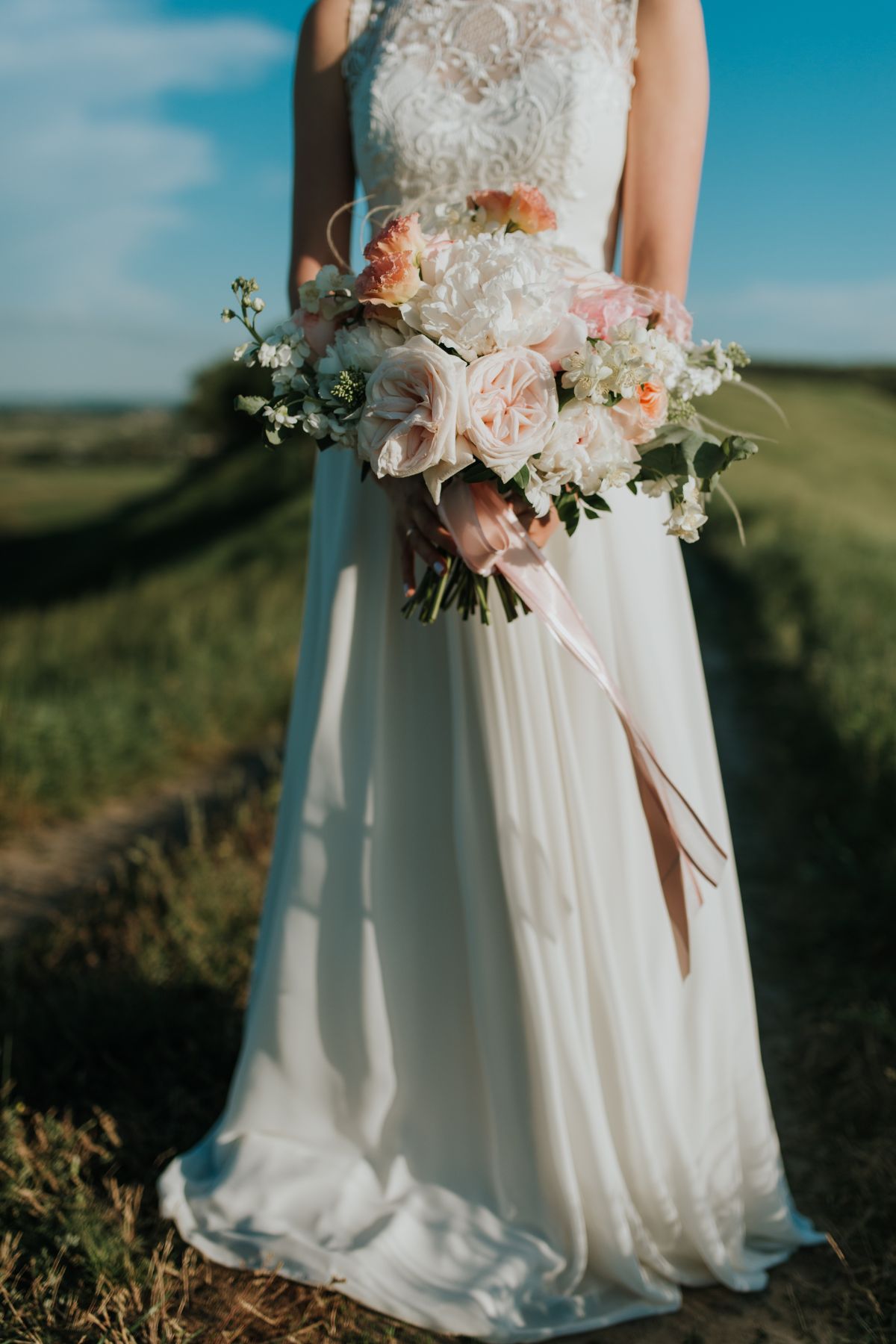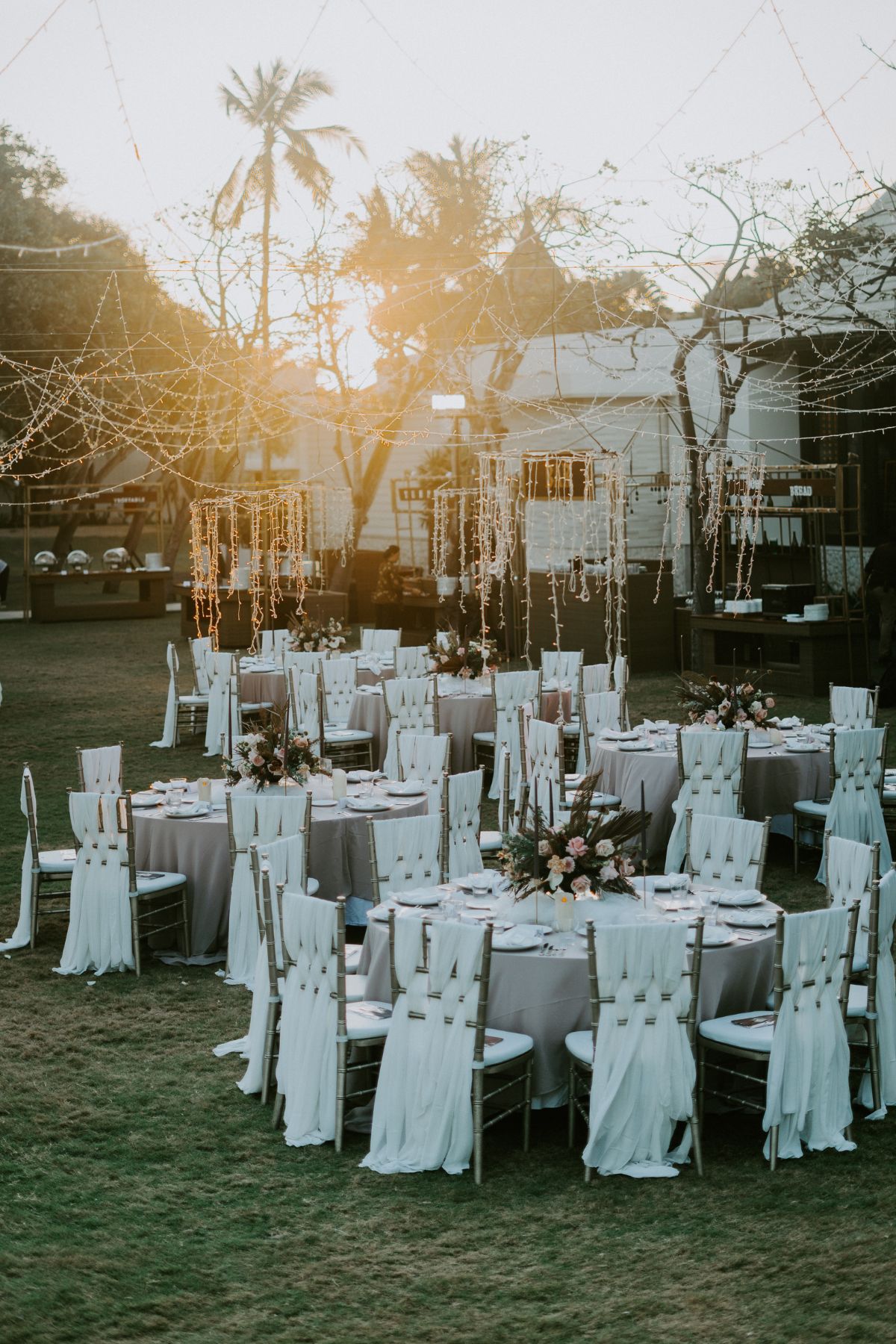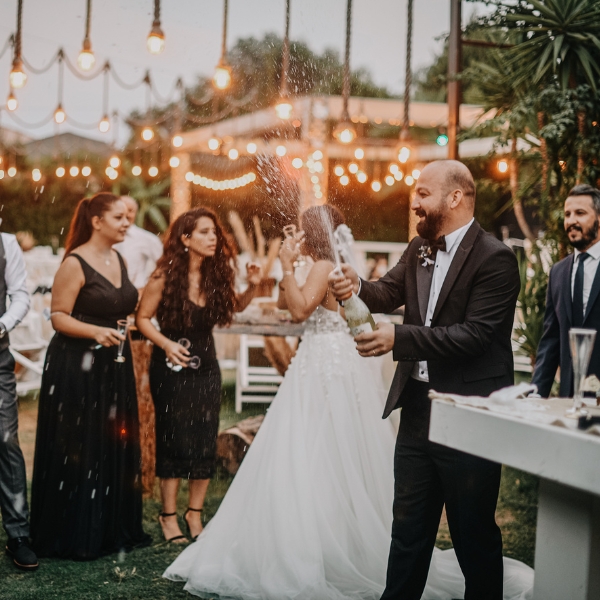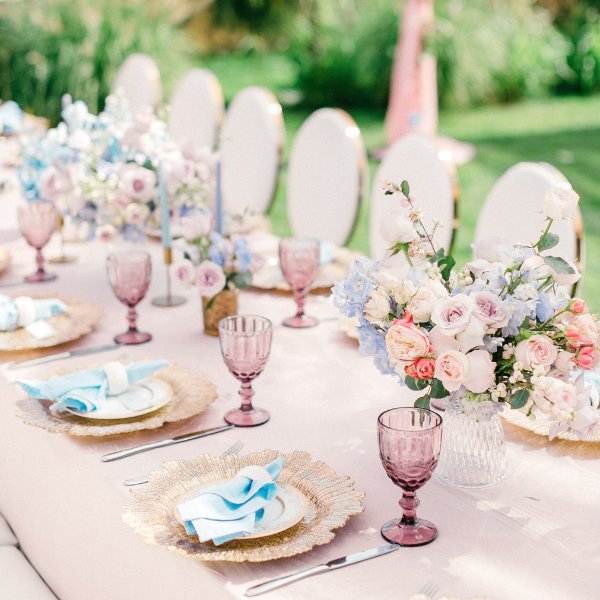Wedding Planning Process. Let’s get planning! What to Expect? What to expect during the wedding planning process? Navigating the journey of wedding planning. Your comprehensive roadmap to wedding planning. Crafting your love story.
Of course, you can also find these points in a binder and all the other details you’ll need by downloading our FREE WEDDING PLANNING KIT here.
The journey to your wedding day is a path paved with dreams, details, and delightful moments waiting to be woven together.
From the joyous proposal to the enchanting exchange of vows, the wedding planning process is a remarkable adventure that combines creativity, organization, and boundless love.
With each decision, from choosing the perfect venue to curating a menu that reflects your tastes, you’re crafting an event that mirrors your unique journey as a couple.
In this guide, we’ll embark on a comprehensive exploration of the wedding planning process, offering insights, tips, and inspiration to ensure that every step toward your special day is as seamless as it is magical.
The phases:
These phases are the “generic” approach to wedding planning. How much time you’ll spend on each phase is dependent on how well you have managed the one before it.
More steps go in each phase, depending on the complexity of your event and the degree of detail you’d prefer; this is a general outline that you can use as a guide.
Wedding Planning Process | What To Expect

1. The Planning Phase
This phase is usually the one that takes the longest. You have a lot of ideas, and your vision board is filled with lots of inspiration.
As you start on the planning phase, it is best to have your bridal party decide to ensure that you are surrounded with the people you love and “get” you and your partner as you move on to your wedding planning.
You might already have an idea about your wedding venue, wedding dress, wedding date, wedding invitation, stationery, wedding ceremony set-up, and wedding reception decor and design.
At this time, you will set a “rough” budget that you will be working with. Evaluate your financial capacity, priorities, and expectations, laying the foundation for decision-making throughout your planning process.
The guest list is a key factor in shaping the overall wedding experience. This is the time to create a rough starting list of who you would like to celebrate with you at your wedding.
Selecting a wedding date and venue go hand in hand. These 2 are the major things that will shape the rest of your wedding planning.
You also research your venue and other vendors; you get to find the best wedding professionals that will match your wedding vision and budget. Identifying and securing key vendors is crucial during the planning phase.
The creative process continues with designing save-the-dates and invitations.
A major analysis is needed to narrow down your choices and ask these questions:
- What are your non-negotiables?
- What are your top 5 (or 10!) priorities?
- Who are (or are) the main decision-makers?
- Who will be paying for the wedding?
Having a conversation with your partner about these things will create clear guidelines on how to move forward.
Once you’ve answered or at least have a good idea of the above questions, it will be easier to move forward, as you will now have boundaries and know who the people you turn to, to help you and your partner make the final decisions are.
** THE BUDGET. Talk about this budget in detail with your partner. This might involve some compromises. Speaking to a wedding consultant might help you establish ideas and creative input that will help you and your partner meet in the middle, or better yet, achieve your non-negotiables without compromising a lot.
** THE RESEARCH. Researching the wedding professionals and vendors that you will be working with requires some time. You can break it down and schedule it with your partner using a step-by-step guide.
At this point, if you choose to research on your own, you must find vendors that can design and execute the aesthetic that you are going for.
Creative flares and style tend to come naturally, and working with a vendor who “gets” your aesthetic will make the design and execution process manageable for both you and your partner, as well as the vendor.
If you have chosen to work with a wedding planner or consultant, they will be able to present you with vendor recommendations that already match your aesthetic, saving you research and filter time.
These recommendations are usually from vendors they have already worked with and have “tried and tested” to provide the best service, execute, and deliver flawlessly.
After you narrow down your top vendors, it’s time to meet them, evaluate them, and decide which ones will be able to meet your needs the best!
You will find that many things are to be tackled simultaneously: calling to book appointments, portfolio/proposal reviews, budget adjustments, assembling the bridal party, etc.
Working these into your calendar will make each task more manageable and make you and your partner more efficient.
** PRO TIP: Ask if your vendors have worked with another vendor that you are interested in booking. It is important that these vendors also have a great working relationship.
Knowing that they have worked at your venue is a great plus as well.
However, if they have not worked at your venue, you can schedule a “walk-through” with them at your venue so that you can hear straight from them how they will design and execute your wedding.
** PRO TIP #2: Set timelines and deadlines to help you make a decision accordingly!
The planning phase is a dynamic and creative time where visions transform into plans, and dreams take on a tangible form. By navigating these initial stages with intention and joy, you and your partner lay the groundwork for a wedding celebration that reflects your unique love story. In the next phases, this vision will evolve into a beautiful reality, bringing the wedding day ever closer.

2. The Organizing Phase
This is probably the most important part of what to expect in your wedding planning process.
Now that you have selected a venue for your ceremony and reception. Or probably also have booked your top wedding vendors; now it’s time to get organized.
With key vendors secured, the organizing phase involves ongoing communication and coordination. Confirm final details, review contracts, and establish a clear line of communication to ensure everyone is on the same page.
Consider setting up a wedding website to help you put together details, and at the same time also help you get organized.
As we always mention, if you have booked the “right” wedding professionals, the organizing phase should be more manageable for you.
For example, your venue will most likely provide you with a rough floor plan, loading time and guidelines, pick-up time, and any restrictions.
Once you have these guidelines, you can share them with your vendors. They can either confirm with you that it is “ok,” or if they need extra time or need to adjust any design to meet the restrictions, they will communicate it with you right away, instead of waiting last minute; this is where vendor proactiveness and responsiveness comes into play!
From all the information you’ve gathered, now it’s time for you to create a timeline.
Craft a comprehensive timeline that outlines the flow of your wedding day. Consider key moments such as the ceremony, reception, speeches, and any other special activities and entertainment, ensuring a smooth and well-organized event.
Communication with vendors and information distribution is essential to get your wedding organized.
Dive into logistical details, including transportation, parking, and accommodations for out-of-town guests. Address any potential challenges and plan for contingencies to ensure a seamless experience for everyone.
Collaborate with your caterer to finalize the menu and schedule a tasting session. Ensure that the chosen dishes align with your preferences and accommodate any dietary restrictions or preferences of your guests.
Work closely with your decorator or DIY to bring your design vision to life. Confirm details like table settings, centerpieces, and any other decorative elements, ensuring they align with the overall theme of your wedding.
Finalize the seating arrangements for your guests. Consider factors such as relationships, preferences, and any potential dynamics to create a comfortable and enjoyable atmosphere for everyone.
Schedule and attend dress fittings. Make any necessary alterations to ensure the perfect fit. Confirm the attire details for the wedding party as well.
Track and manage RSVPs to finalize your guest count. Follow up with any guests who haven’t responded and provide the final numbers to vendors for catering, seating, and other logistical considerations.
Revisit and finalize the details of your ceremony, including vows, readings, and any special rituals or traditions. Coordinate with your officiant to ensure a seamless and meaningful ceremony.
Depending on your wedding location and date, prepare contingency plans for adverse weather conditions. Have a backup plan for outdoor events and communicate it to vendors and the wedding party.
Make any final payments to vendors and review your budget to ensure that all expenses are accounted for. Address any unforeseen costs that may have arisen during the planning process.
Assemble an emergency kit with essential items like safety pins, tissues, a sewing kit, and any other items that may come in handy on the day of the wedding.
If you are not working with a wedding planner/coordinator, having a point person that your vendors/families/friends can contact on your wedding day will alleviate the calls you will most likely receive and save you a lot of stress.
Ensuring all the parts (especially the moving parts!) are scheduled and accounted for will better make the day flow.
15 days before the wedding, be sure to speak to your vendors to check in and see if they have any questions about the timeline they are to follow. Their confirmation will help you achieve a sense of “peace.”
Conduct a final walkthrough of the venue to confirm that all details are in place. Check the setup, decorations, and any logistical elements to ensure everything aligns with your vision.
Touch base with all vendors to reconfirm details, addresses, and timelines. Provide any last-minute updates and ensure that everyone is aware of their responsibilities on the wedding day.
Host a rehearsal dinner to bring the wedding party and immediate family together. Use this time to run through the ceremony, discuss final details, and share a moment of connection before the big day.
The organizing phase is a crucial step in the wedding planning process, where meticulous attention to detail ensures flawless execution on your big day.
By systematically addressing each element and remaining adaptable to changes, you set the stage for a smooth and joyous celebration. As you enter the final stretch, savor the excitement of seeing your plans evolve into a beautiful reality.

3. The Execution Phase
A.K.A. The Wedding Day itself, when all the planning and organizing goes into action!
PRO TIP: Schedule a walk-through at your venue to ensure that you know where and what exactly will happen; to avoid any surprises.
At this point, your vendors should have read and understood the timeline you prepared and have no problems executing it.
Usually, the venue coordinator (it depends on your venue!) will help manage the vendors; but note that this is not their “duty”; they are responsible for the venue only.
Although most venue coordinators will help you out lightly (again, this depends on the venue coordinator itself).
If you have decided to work with a wedding planner/coordinator, then they will take care of the management and logistics involved—troubleshooting (behind the scenes) any challenge that might come about.
Of course, there is no guarantee of perfection ever, but working with experienced planners/coordinators professionals who have “been there” can solve challenges faster and better, working around any problems that might arise.
At this time, your planner/coordinator has already assessed risk and already has backup plans in place. They are also able to lead/manage all the vendors involved to work together seamlessly.
This is your day, and you should enjoy it to the fullest. As mentioned, there is no guarantee of perfection (ever!), and at some point, you might choose to let go of the little details and be in the “present moment,” immersing yourself in all the love and fun happening around you!







